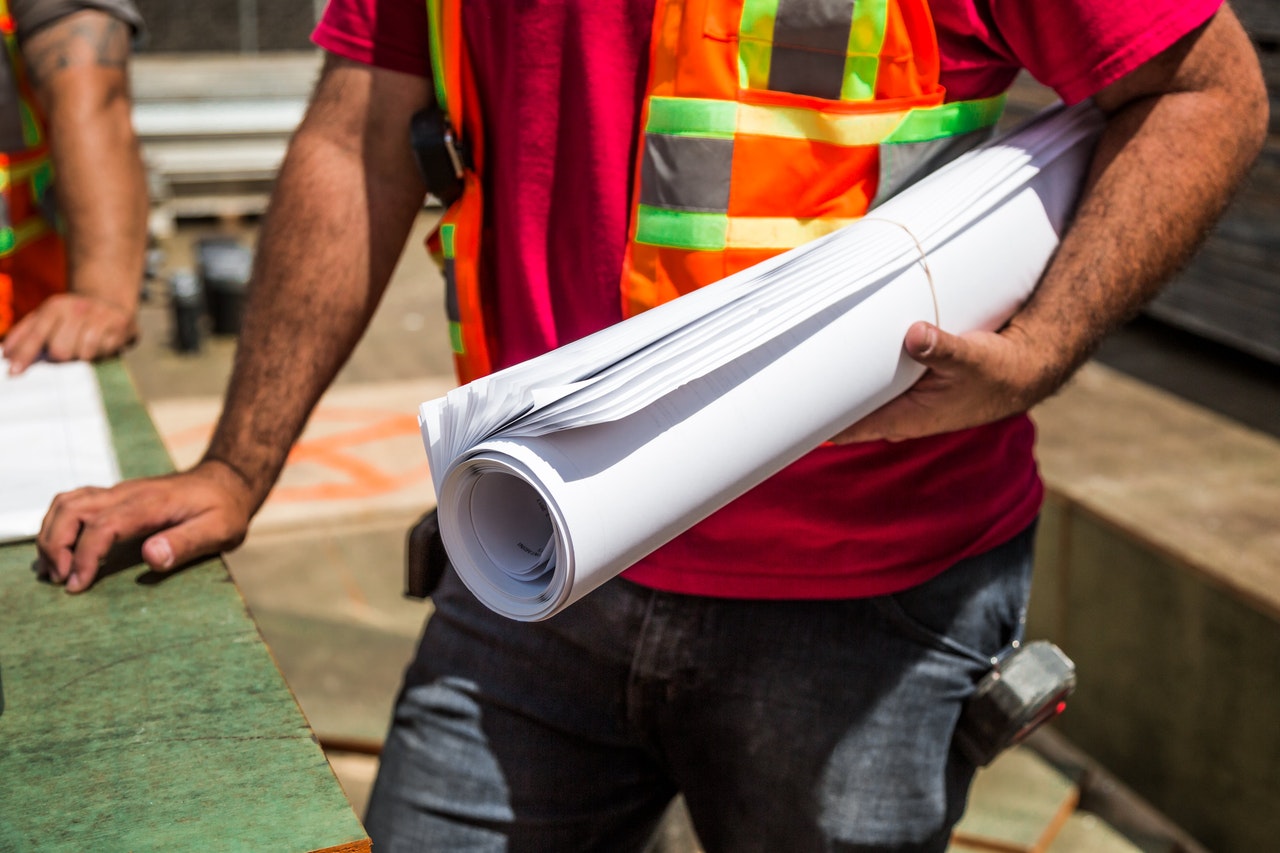A temporary hold on winding up petitions
Back in June 2020, the UK Government introduced a temporary hold on winding up petitions under the Corporate Insolvency and Governance Act (CIGA) 2020. These measures looked to support businesses during the pandemic, helping them avoid insolvency and survive. They ended on 1 October this year. The temporary measures introduced were:
-
The suspension of serving statutory demands. Statutory demands were void if served on a company during the “relevant period” (i.e. between 1 March 2020 and 30 September 2021)
-
Restrictions on winding up petitions when unpaid debt is due to Covid-19.
-
Suspension of the wrongful trading rules. The Act temporarily removes the threat of personal liability for wrongful trading from directors.
Some construction companies who faced financial difficulty at the start of last year have found they are in a better financial position – while others have not had the same fortune. And although the restrictions on winding up petitions have now been lifted, to ensure there is not a new wave of insolvencies, the Government has specified certain conditions, in place until March 2022, that need to be met before you can petition to wind up.
What are the conditions that allow you to wind up a company?
If you are a business that has been hit hard by the pandemic, you might be wondering if you can file for corporate insolvency. The answer is yes, but there are certain conditions that need to be met. An application can be made to file winding up petitions on the basis a company cannot repay its debts and:
-
The creditor is owed a liquidated debt, has fallen due for payment and is not an excluded debt.
-
The creditor has delivered a written notice to the debtor which outlines the identification details of the debtor, the full details of the creditor, the amount of debt owed and what it is for, the date of the notice, a statement that the creditor is looking for the debtor’s proposal to clear the debt and a statement that if no proposal is made to the creditor’s satisfaction within 21 days of proceedings beginning, the creditor intends to present a winding up petition to the court.
-
After the passing of 21 days, no debt-repayment proposal has been made
-
The creditor is owed £10,000 or more,
The amendments relating to termination rights relate to the insolvency of a client rather than the supplier. So, CIGA doesn’t change an employer’s options if its main contractor becomes insolvent, or a main contractor’s options if faced with the insolvency of its subcontractor.
Instead, it would be the main contractors and/or subcontractors who will be impacted when an employer or main contractor enters corporate insolvency.
Corporate Insolvency Support
When you need help with corporate insolvency, winding up petitions, business direction and more, Beacon Licensed Insolvency Practitioners can help. We understand that when your company goes through financial hardship, it can be a minefield. We are here to make the process easier, and work hard to turn your business around when possible. For further advice, please contact us on 02380 651441 to see how we can help.
